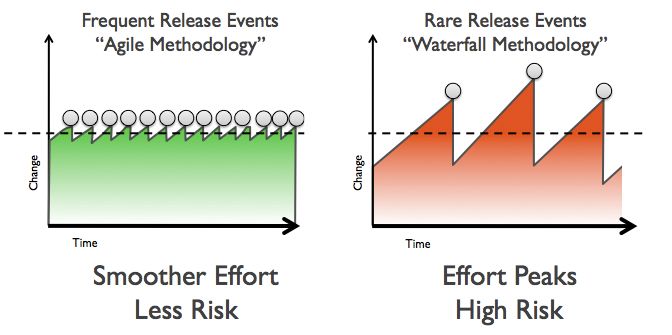
Earlier this week Björn Brembs wrote in a blog post (What Is The Difference Between Text, Data And Code?): The post is about the importance of publication of data and software where currently the rewards are stacked disproportionately in favor of text publications . The intended audience is probably mainly other scientists (Björn is a neurobiologist) who are reluctant to publish data and/or code, but there is another interesting aspect